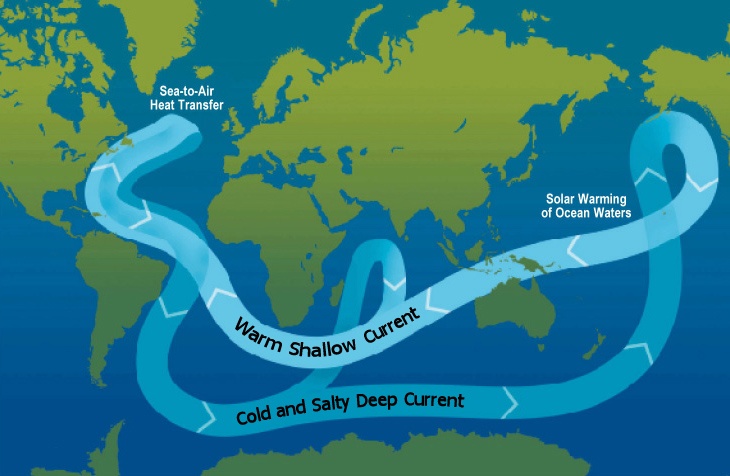
As hurricane Harvey leaves a trail of misery across the US there is growing concern that climate change could have a material impact on future real estate prices. It is only 25 years ago that hurricane Andrew created an estimated $15 billion in insured losses. This was not only a wake-up call for the insurance companies but it changed the way they assess their exposure to weather-related incidents. We have also seen a material impact in property located on lower ground and property located on higher ground. According to the Florida International University there is already evidence that higher standing areas of Miami are becoming more popular as concerns about rising sea levels hit the market.
Climate change is not new
On a regular basis the US has been hit by extremely powerful hurricanes which have caused havoc and cost billions of dollars. While many investors may have short memories and are “willing to take the chance” of acquiring property which may be impacted by climate change, the insurance companies have had enough. There are already predictions that parts of Miami Beach could see sea levels rise by up to 5 feet by the end of the century. With the predictions also suggest that a staggering $23 billion worth of existing Miami Beach property could be underwater by 2050.
Even though the Miami authorities have invested billions of dollars into an ambitious defence programme there are concerns about the chances of fighting nature. New powerful pumps, raised roads and other defence mechanisms have already been put in place but will it be enough?
The US is not alone
If you look towards countries such as the UK we have seen unprecedented flooding in recent years and let’s not forget the Thames Barrier which protects London. Climate change has been catching up on the world of real estate but it looks as though the changing views of the insurance companies could prompt an array of property revaluations in years to come. It is all good and well taking a chance acquiring a “cheap” property on a floodplain but what happens if you cannot insure the property?
Climate change
The subject of climate change is extremely controversial and has both supporters and critics who are dedicated to the cause. There is no doubt that we have seen significant climate change over the last century and perhaps politicians are not being wholly truthful with the electorate. Many of those on both sides of the argument have ulterior motives, often exaggerate the consequences and all parties like to muddy the water.
At the end of the day, financial instruments such as insurance policies are offered by financial companies who have extremely complicated valuation models on which they base their premiums. While some insurance companies are not against milking the situation and concerns about rising sea levels the fact is that the industry as a whole is more concerned today than ever. What began as a slow walk to higher ground for many in areas such as Miami is becoming an ever more crowded road. Investors are trying to eliminate as much “chance” attached to their investments as possible. Once the “hot money” begins to leave the low-level areas, so popular in years gone by, the real estate market could quite literally be tipped on its head.

